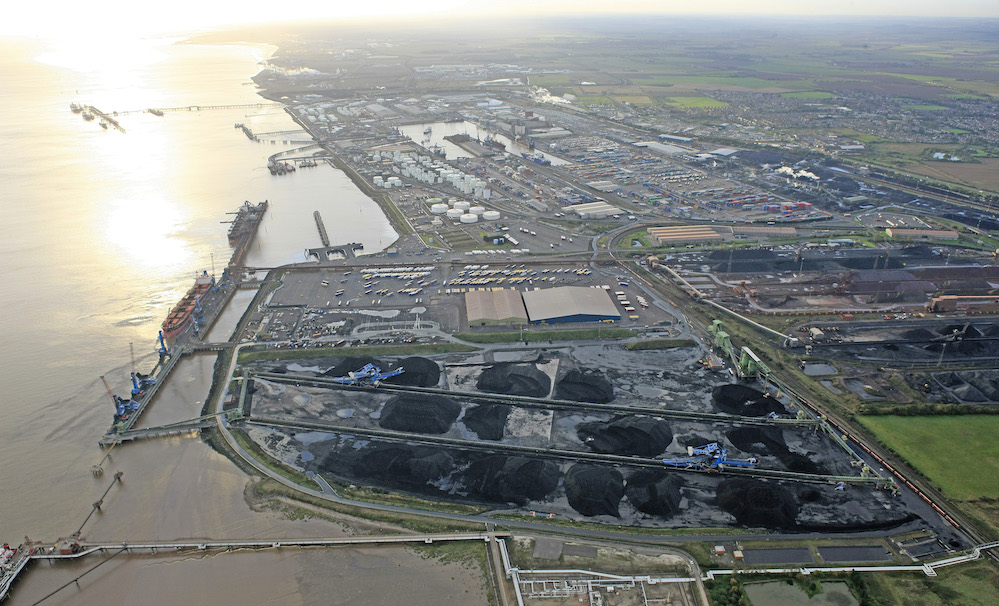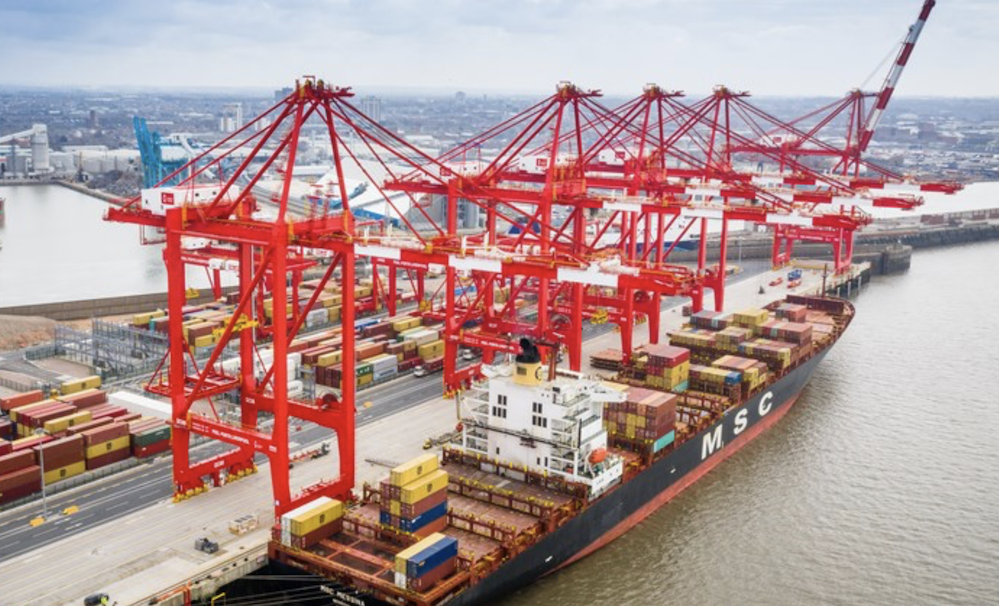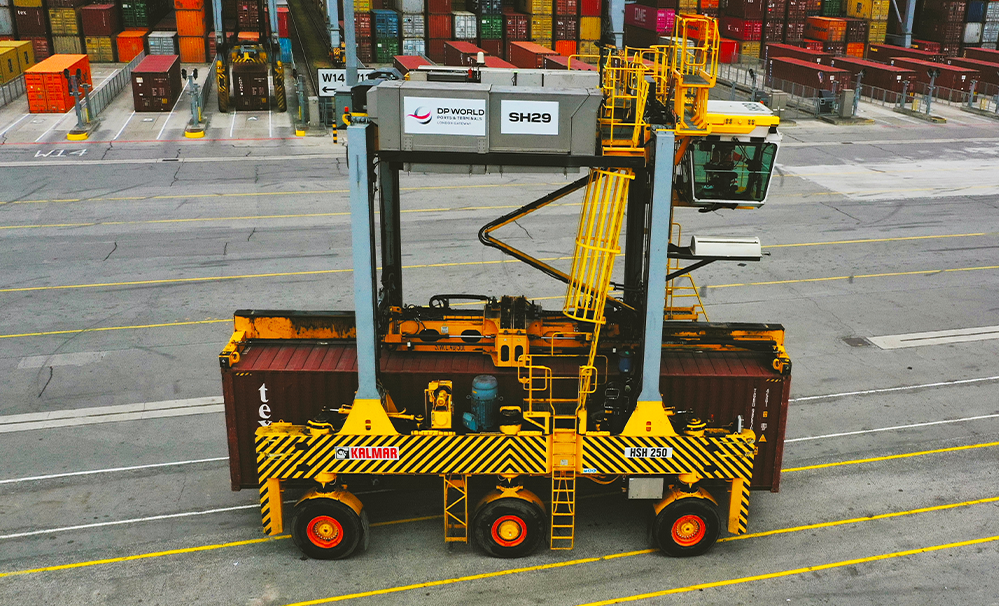The four ports on the Humber of Goole, Grimsby, Immingham and Hull are always essential for supplying the nation, but never has this been more sharply brought into focus than during the current Covid 19 crisis. Combined, the Humber Ports make up the biggest port complex in the UK and include Immingham, the largest port in the country by tonnage. Little known outside of the port sector, it has for many years been treated by the Government as an asset with Critical National Infrastructure status. The reasons for this are simple. If the Port of Immingham were to shut down, so too would many aspects of life for people across much of the nation. 25 percent of the UK’s refined oil which puts fuel in our vehicles, 10 percent of the nation’s electricity power, and significant proportions of our food, clothing and medical supplies reach where they need to be via Immingham’s port. Hence during this time of lockdown, Associated British Ports (ABP) has had to pull out all the stops to keep the Humber Ports going and keep Britain trading.
Whilst most people across the country are acclimatising to the realities of the lockdown, we know that for many, staying at home is not an option. Alongside our emergency services, port workers are part of the army of key workers helping to keep the nation functioning. Fundamental to keeping the ports running is the role played by ABP’s Marine Team. Over 100 marine pilots work 24/7 to navigate ships safely into port. They work in all conditions and have to climb the sides of huge vessels to board and take control for the final leg of the journey into the UK. It is highly skilled and essential work, without which none of ABP’s other operations could be carried out. It has therefore been crucial to care for the pilots as much as possible through this crisis and they have risen to the challenge admirably. So far, not a single ship has missed its window or even been delayed coming into or out of the Humber Ports during the crisis. Testimony to the dedication of our marine pilots, ably assisted by their colleagues in the Vessel Traffic Services who operate, in effect like air traffic control for shipping movements in the Humber.
Getting the vessels into port is only the beginning of the story. ABP has hundreds of port operatives whose roles are many and varied, but all amount to ensuring we safely take cargo from the ships, and either into storage or onto other transport to take them to their next destination. Just like emergency workers, these port operatives often have families and are keeping their children in school despite the closures so that they can come to work. Those operatives use an arsenal of equipment from high-tech cranes to low-tech forklifts and many machines in between. They are being maintained through this crisis by hundreds of engineers employed by ABP, who also work 24/7, often literally to keep the wheels oiled.
Behind all that effort we have many of our office-based colleagues either working from home, or in some cases volunteering to take on new frontline roles to ensure services are not in any way disrupted. Whether it is running security gates, staffing the stores or operating weighbridges, our support staff have stepped up as part of ABP’s business continuity plans, and it has been remarkable to see the sense of camaraderie and team spirit shown by all. It has been hugely pleasing to see the ports across the Humber busy throughout recent events. Whilst there may be evidence of panic buying in some shops, at the coal face ABP can report that cargo is still flowing well through our gateway to trade in the Humber, and everything possible is being done to keep Britain trading.







